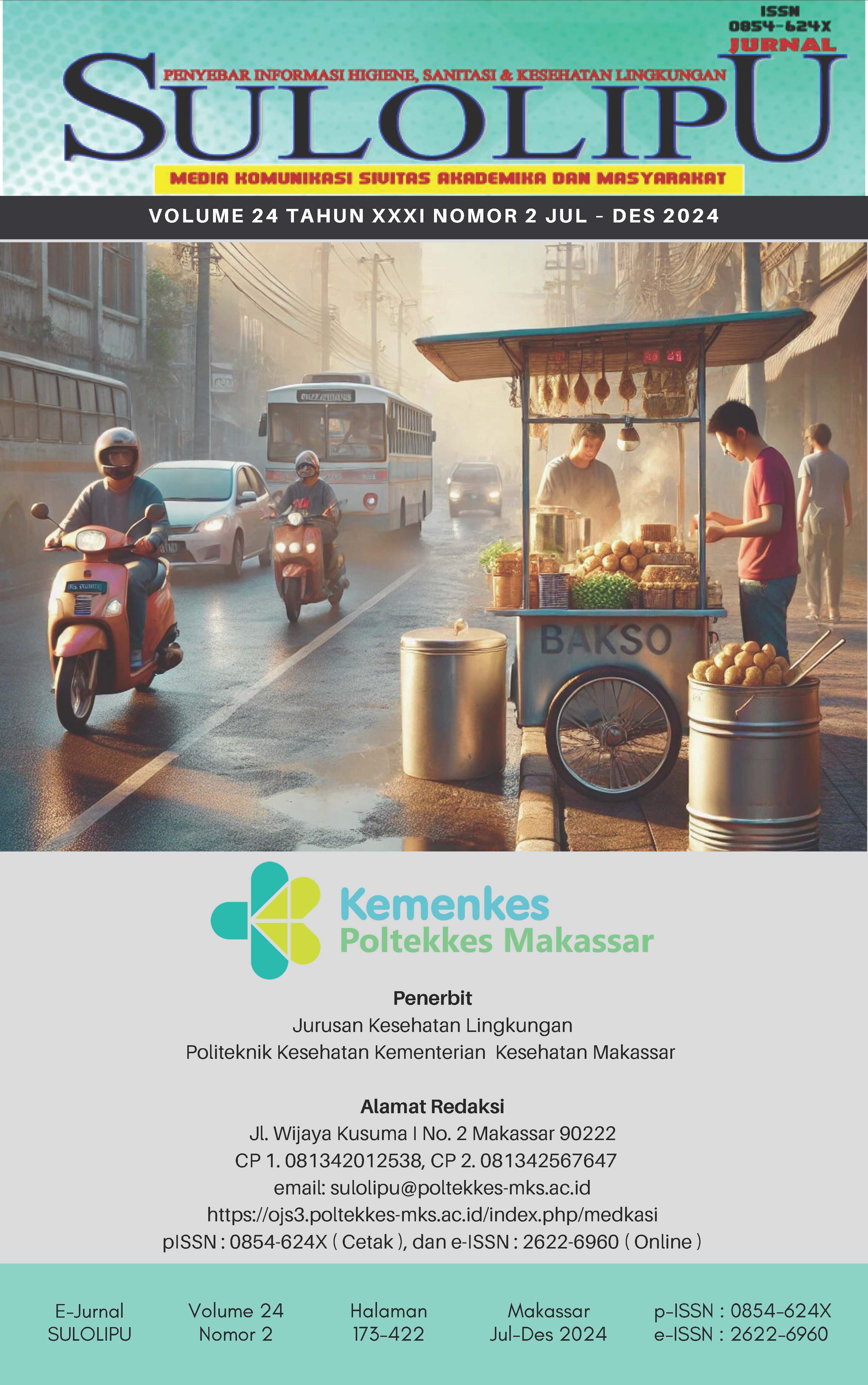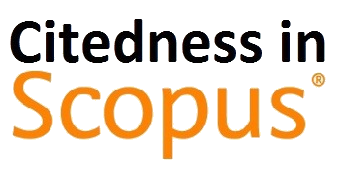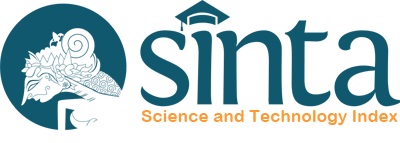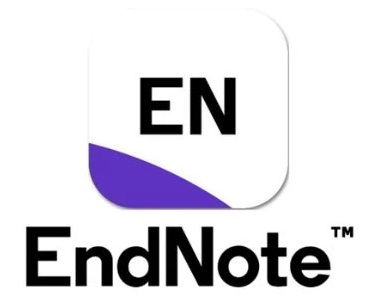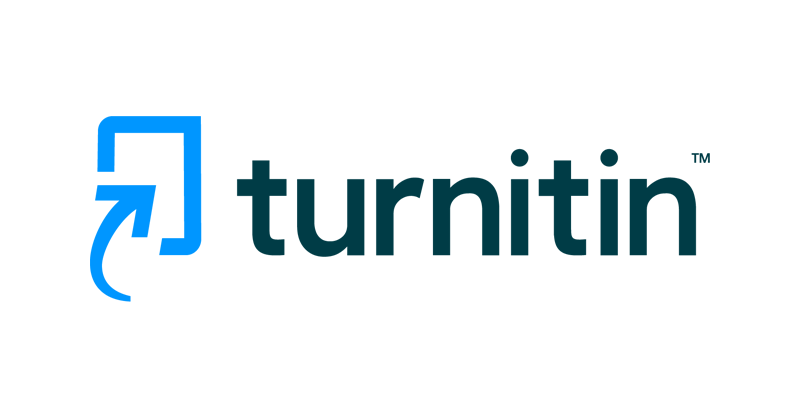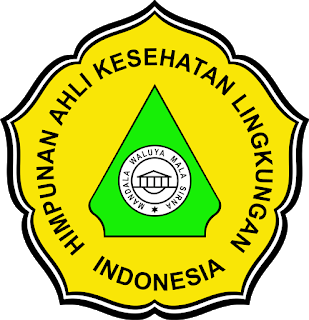Waste Management in Terong Traditional Market Makassar City
DOI:
https://doi.org/10.32382/sulo.v24i2.886Keywords:
Kata kunci : Pengelolaan sampah, pasar tradisionalAbstract
Waste is a by-product of human activity that has the potential to pollute the environment. Waste is a common problem in almost all conventional markets in Indonesia. If waste is not disposed of properly and accumulates in one location, it can cause air pollution, aesthetic problems and health risks. Organic waste, in particular, can cause the rapid spread of germs and disease vectors due to its potential for contamination. The aim of this research is to assess waste management practices at the Terong Traditional Market located in Makassar City. The type of research used is a cross-sectional study with a descriptive analytical observational approach to evaluate the condition of waste management at the Terong Traditional Market at a certain time. The sampling technique for this research is Simple Random Sampling with a sample size of 200 respondents. The data analysis technique was carried out using statistical tests, namely, Chi Square. The results of the research show that the Chi Square Test value obtained was ρ = 0.001 < 0.05 for the waste storage, collection and transportation variables so it can be concluded that there is a relationship between waste storage, waste collection, waste transportation and waste management at the Terong Traditional Market in Makassar City. Waste management at the Terong Traditional Market in Makassar City is considered inadequate according to Minister of Health Regulation No. 17 of 2020. It is recommended that traders and market managers be actively involved in sorting organic and inorganic waste to make the waste processing process at the landfill more effective.
Keywords: Waste management, traditional markets
References
Amaliah, A., & Syahril, S. (2022). Gambaran Pengelolaan Sampah Padat Pada Pedagang di Pasar Terong Kota Makassar. Jurnal Promotif Preventif, 4(2), 141-147. https://doi.org/10.47650/jpp.v4i2.369. Diakses pada 8 November 2023.
Badan Pusat Statistik. (2020). Direktori Pasar Indonesia 2020. Badan Pusat Statistik Tahun 2020. https://www.bps.go.id/pasar/app/direktori. Diakses pada 10 November 2023.
Brayna, Lisbeth. (2021). Sistem Pengelolaan Sampah Pasar Tradisional Sidikalang Kabupaten Dairi Tahun 2021. Skripsi. Poltekkes Kemenkes Medan. https://repo.poltekkes-medan.ac.id/jspui/b itstream/123456789/4591/1/KTI%20 BRAYNA%20LISBETH%20TAMBA.pdf. Diakses pada tanggal 15 November 2023.
Fatma, F. (2019). Analisis Pengelolaan Sampah Organik Pasar Lasi Tradisional Di Kecamatan Canduang Kabupaten Agam. MENARA Ilmu Jurnal Penelitian dan Karya Ilmiah Vol. XIII No.2 Januari 2019. https://jurnal.umsb.ac.id/index.php/menarailmu/article/view/1190. Diakses pada tanggal 8 November 2023.
Kahar, et al. (2022). Potensi Sampah Yang Bernilai Ekonomi Dari Timbulan Sampah Pasar Di Kabupaten Kutai Kartanegara Menggunakan Metode Life Cycle Assessment (Lca). Jurnal Teknologi Lingkungan UNMUL, vol. 6. no. 2, 2022. e-ISSN 2987-0119. Diakses pada 17 Maret 2024.
Kemenkes Republik Indonesia. (2020). Peraturan Menteri Kesehatan Nomor 17 Tahun 2020 tentang Pasar Sehat. Kementerian Kesehatan Republik Indonesia. https://peraturan.bpk.go.id/Details/152560 /permenkes-no-17-tahun-2020. Diakses pada tanggal 2 Desember 2023.
Kementerian Lingkungan Hidup dan Kehutanan. https://sipsn.menlhk.go.id/sipsn/. Diakses pada 8 November 2023.
KLHK. (2022). Sistem Informasi Pengelolaan Sampah Nasional (SIPSN). Kementerian Lingkungan Hidup dan Kehutanan. https://sipsn.menlhk.go.id/sipsn/. Diakses pada 8 November 2023.
Purwo, M. (2019). Analisis Sistem Pemrosesan Akhir Sampah Di Tempat Pemrosesan Akhir (TPA) Cipayung Kota Depok. Skripsi. Institut PertanianBogor. https://repository.ipb.ac.id/handle/123456789/26719. Diakses pada tanggal 18 November 2023. Badan Pusat Statistik. (2021). Survey Sosial Ekonomi Nasional (Susenas) Tahun 2020. Badan Pusat Statistik.
Sekarsari, et al. (2020). Pemanfaatan Sampah Organik Untuk Pengolahan Kompos. Jurnal Pembelajaran Pemberdayaan Masyarakat (JP2M), 1(3), 200. https://doi.org/10.33474/jp2m.v1i3.6510. Diakses pada tanggal 12 November 2023.
Wahyuddin et al. (2020). Perencanaan Pengelolaan Sampah Di Pasar Dasan Agung Kota Mataram Dengan Pendekatan Reduce, Reuse Dan Recycle (3R). Serambi Engineering, Volume V, No. 2, April 2020. https://serambimekkah.ac.id. Diakses pada tanggal 12 November 2023.
Waste Management. (2021). What Is Waste Management? https://www.wm.com/us/en/support/faqs/what-is-waste-management. Diakses pada tanggal 15 Mei 2024.
Wardhani, et al. (2018). Studi Komparasi Pengurangan Timbulan Sampah Berbasis Masyarakat Menggunakan Prinsip Bank Sampah Di Surabaya, Gresik Dan Sidoarjo. Jurnal Pamator. Volume 11, No. 1, April 2018 Hlm. 52-63 http://journal.trunojoyo.ac.id/pamator ISSN: 1829-7935. Diakses pada tanggal 25 Maret 2024.
Yunus. H, Juherah. (2020). Gambaran Penanganan Sampah Dengan Tingkat Kepadatan Lalat Di Pasar Tradisional Di Kota Makassar. Jurnal Sulolipu : Media Komunikasi Sivitas Akademika dan Masyarakat Vol. 20 No.1 2020 e-issn : 2622-6960, p-issn : 0854-624X.https://journal.poltekkesmks.ac.id/ojs2/index.php/Sulolipu/article/view/1478/1120. Diakses pada 4 Januari 2024.
Downloads
Published
How to Cite
Issue
Section
PDF (Bahasa Indonesia) downloaded: 737

